Access and Freedom on Juneteenth and Beyond
I’m fortunate that Juneteenth is my birthday, and have always felt that, as a Black person, my birthday represents freedom. I come from a blue-collar...
6 min read
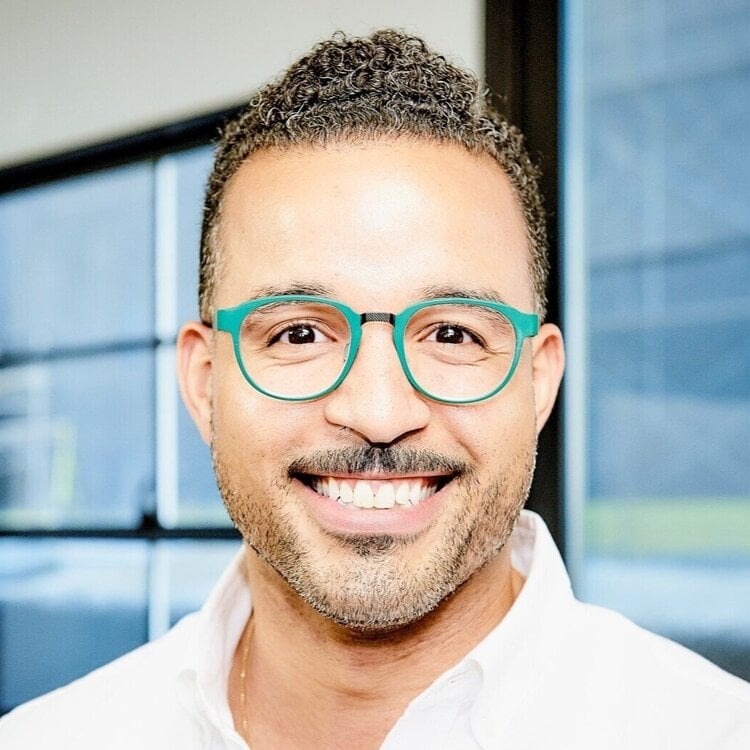 Austin Stevenson, Chief Innovation Officer
:
2/16/22 6:00 AM
Austin Stevenson, Chief Innovation Officer
:
2/16/22 6:00 AM
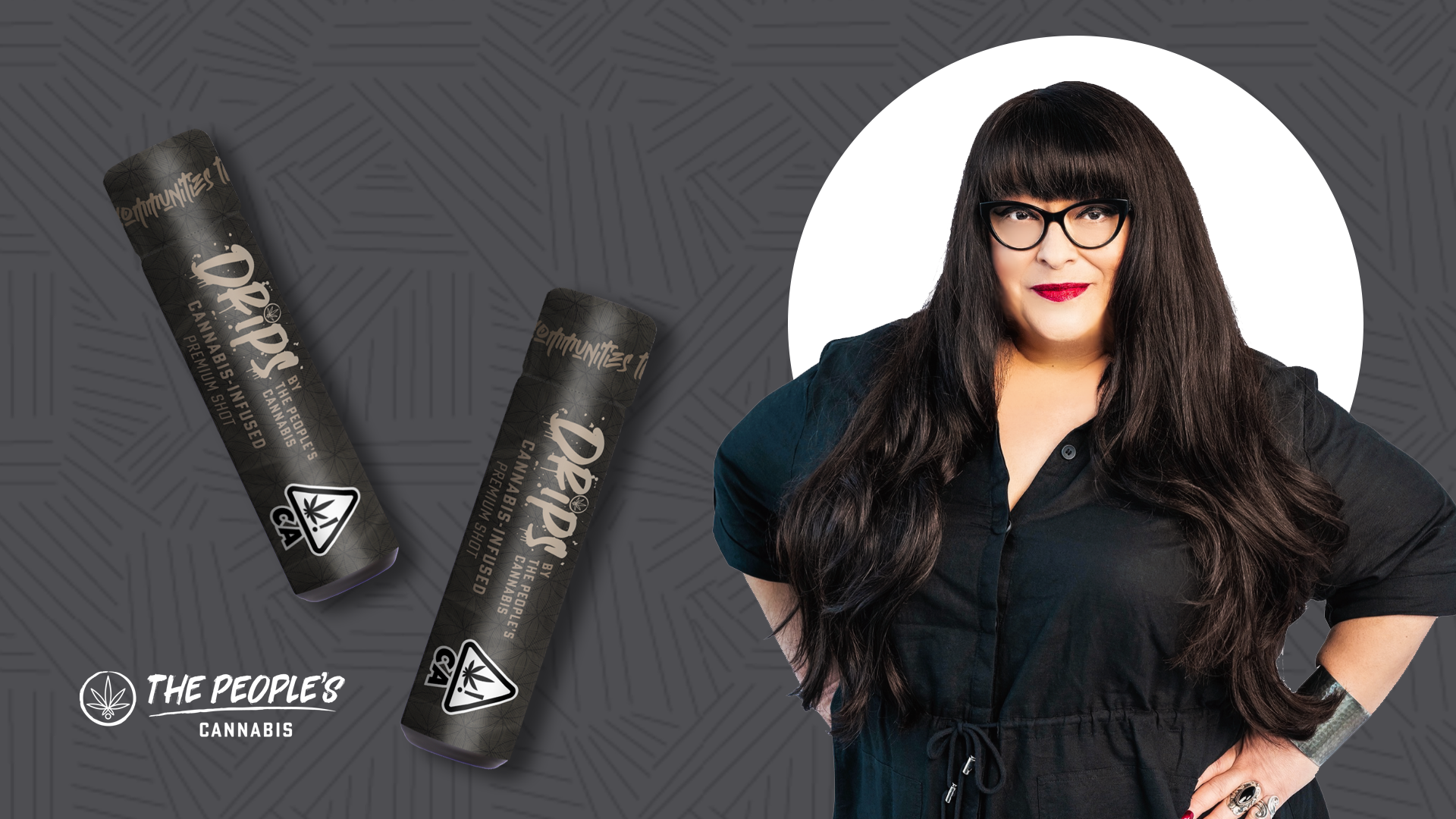
Our mission at Vertosa is to unlock the healing power of cannabis and make it approachable and accessible to all. In my role as Chief Innovation Officer, I support this mission by leading our commercial business, including technical sales, tactical marketing, new business development and product innovation. One way this takes shape is by facilitating partnerships with leading brands to produce top quality, cannabis-infused products like we recently did with The People’s Ecosystem. This project was significant given my focus on breaking down barriers to financial success and business opportunities for Women & BIPOC entrepreneurs. As such, I was thrilled when Christine De La Rosa, founder of The People’s Ecosystem, agreed to sit down with me to discuss our respective work with minority communities and the product development process with Vertosa. The Q&A below is a curated look at our conversation!
Before we jump into things with Christine, I’ll share that I feel there is a unique intersection between product innovation and public policy that drives my passion for participating in the cannabis and hemp industry. For years, we have been limited to traditional forms of cannabis like flower and hash. Many consumers, myself included, have been forced to enjoy the plant’s healing properties in secret because of regulatory restrictions. We're now in a transformative age where technological innovation and legislative reform offer a chance to redefine how and why cannabis is used worldwide. That opportunity brings great responsibility and is why I advocate for equity grants, workforce development and other public or private mechanisms to fund start-up businesses run by people of color and others impacted by the War on Drugs. It’s also why I’m grateful to support Vertosa in building an innovation platform designed to empower all entrepreneurs. Without further ado, here’s a look at my conversation with Christine De La Rosa.
[AUSTIN] We first met in 2019 at the inaugural Trailblazers event in Utah. After hearing you speak about what it means to have an equitable industry, I was excited to learn more about your vision for TPE and explore how we at Vertosa could help bring your dreams into reality! To kick things off, how would you describe your ‘why’ for moving into cannabis, and what is the current focus for TPE?
[CHRISTINE] My ‘why’ has always been to bring accessibility to the medicine for diverse groups of people, who in 2016, when I started in the legacy market, it was not being serviced by the then-current medical cannabis industry. As we transitioned into the regulated market in 2019, we began to experience, first hand, all the barriers to entry that BIPOC and women-led businesses have in the cannabis industry. Our focus has always been to have access to knowledge, access for women and BIPOC-led companies, access for communities often dismissed in the cannabis market, and of course, access to medicine.
[AUSTIN] If you had a magic wand, what would you like TPE to look like five years from now?
[CHRISTINE] In five years we will have finished our acquisition strategy, developed our distributed vertical across all legal states, created a diverse supply chain and have built with our partners, a diverse set of brands utilizing our supply chain, that speaks to and services the needs of our collective communities.
[AUSTIN] One thing I respect about your work is the sense of unwavering confidence, commitment and courage you bring to building up the minority cannabis community. I’m especially impressed with how you’ve used the power of collective action and crowdfunding to help capitalize your business. What advice would you give to someone who wants to have a similarly meaningful impact?
[CHRISTINE] One word, cryptocurrency. We recently launched The People’s DAO to inform and inspire our BIPOC and women cannabis founders and companies to think outside the box when looking for capital. We are all learning together in this new metaverse. If there is an avenue that doesn’t depend on institutional capital and all the ways that financial markets were developed to exclude us, it is our mandate to pioneer this new frontier. DAOs (Decentralized Autonomous Organizations) allow for group governance, community-based learning and what you should know when investing in cannabis companies, which is impact from the ground up.
[AUSTIN] What inspired you to reach out to Vertosa for help developing the Drips product?
[CHRISTINE] You. I cannot stress enough the power of relationships. When I met you at that event in 2019, there were maybe 8 BIPOC people there. I only knew 2 people when I got there and I felt incredibly lonely. You were gregarious and so kind. I remember you sitting down at a table with me and we just started chatting. It was nice and really helped me not feel so isolated. I remember you talking about the nanotechnology your company was developing. Although I wasn’t thinking about products for my company at the time, I remember thinking the technology was really interesting. Interesting enough that I continued to follow you and the company long after that event was over. At the end of December 2021 when we got this opportunity to produce a product for a Superbowl event, we jumped on it. We had about 45 days to produce it and I thought this would be a great time to make a cannabis beverage and could think of no other company that I would rather work with than you and Vertosa.
[AUSTIN] When I first asked about the pain points you wanted to solve with this product, it became clear how well you understood your consumer! You called out that fans of TPE ‘hated to wait’ to feel cannabis and were tired of the ‘bad brownie/cookie/edible’ experience. What other insights or consumer feedback drove you to design an infused beverage shot based on Vertosa’s fast-acting nanoemulsion technology?
[CHRISTINE] I knew Vertosa had been in the game for a minute. I saw this huge ramp up of beverages coming out during the pandemic (2020) and noticed that they were being infused by Vertosa. Knowing our customer base loves versatility and often likes to switch things up in their cannabis consumption, it seemed so easy to give them a shot to either take straight or add to their beverage of choice. The fast-acting nanoemulsion technology is a game changer. No one wants to wait around to get high, so that 10 minute window is so much better than having to wait a couple of hours to feel the effects.
[AUSTIN] What part of the product development process did Vertosa most help with?
[CHRISTINE] Everything! This was definitely a group effort from beginning to end. With our extremely short timelines, it was of the utmost importance that both teams work together to meet our deadlines. We did that flawlessly and the Vertosa team was super responsive to any of our questions and feedback. We had the best experience with the Vertosa team and cannot wait to continue our relationship with you as we create new products for the future.
[AUSTIN] Many people seem to equate social equity with charity. In my opinion, it's not charity, it’s economic opportunity. Social equity is helping level the playing field and provide underrepresented people with the resources necessary to launch a business or chase their dream. The reality is that many minority entrepreneurs do not have the resources their white or otherwise privileged peers have like friends and family who can help invest in their start-up idea. What efforts have you seen as most successful in helping minority entrepreneurs overcome this roadblock?
[CHRISTINE] I don’t believe that social equity helps BIPOC and women-led companies. Social equity has been an abject failure across all states where cannabis is currently regulated. What I do believe in is that many of the barriers to entry that have been enacted by state and local governments for people who qualify as social equity operators can also be easily removed by those same governments. It’s about the will to truly advocate for people who deserve a chance in the industry rather than roadblock after roadblock created by the people who say they are down.
[AUSTIN] How unique do you feel the cannabis industry is in its potential to affect social equity?
[CHRISTINE] I think the cannabis industry will only be unique when the legacy operators and brands are able to fully participate in the legal market. Diverse people and cultures are the keys to the potential of the cannabis industry.
[AUSTIN] Before we wrap, let’s make sure our readers know how they can help! What hurdles do you face today and what can we as a community do to help you overcome those challenges?
[CHRISTINE] The biggest help from the community is to seek out and support small cannabis businesses and brands that align with their values and their dollars. When you are shopping for cannabis in any state where it is legal, ask for those BIPOC and women-owned brands, visit the very few BIPOC and women-owned dispensaries, ask your dispensaries what they are doing to support BIPOC and Women brands, and be informed on how far your dollar goes to supporting the community you live in. Cannabis has the potential to be a beautiful and diverse industry but we need communities to demand our inclusion with the fervor that we do as companies.
Are you passionate about innovating your own infused product? Click here to book a meeting with our team.
----
You can order Drips directly from The People’s Ecosystem or look for them in your local California dispensary starting in March, 2022! Learn more at thepeoplesecosystem.com or follow Christine and The People’s Ecosystem on Instagram for more Drips news and updates.
Christine @MizChris | The People's Ecosystem @thepeoples.ecosystem
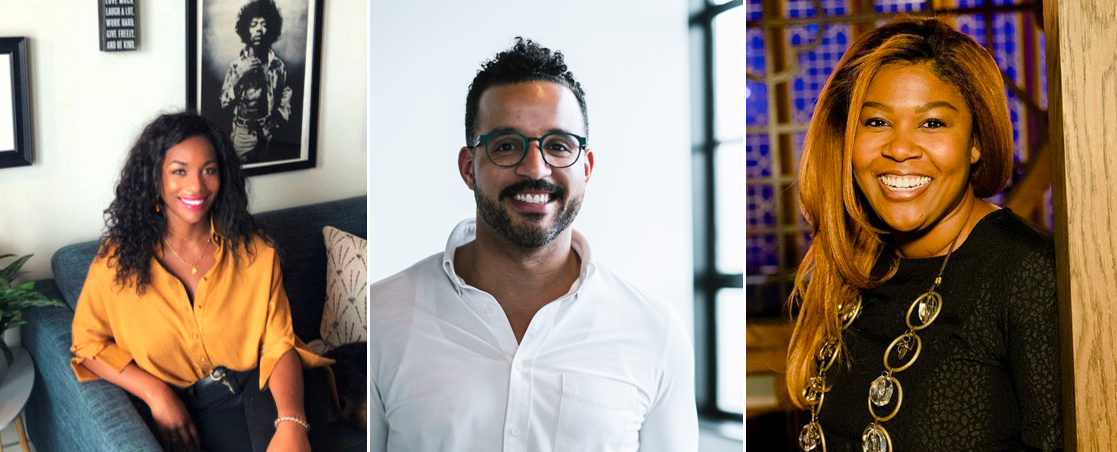
I’m fortunate that Juneteenth is my birthday, and have always felt that, as a Black person, my birthday represents freedom. I come from a blue-collar...
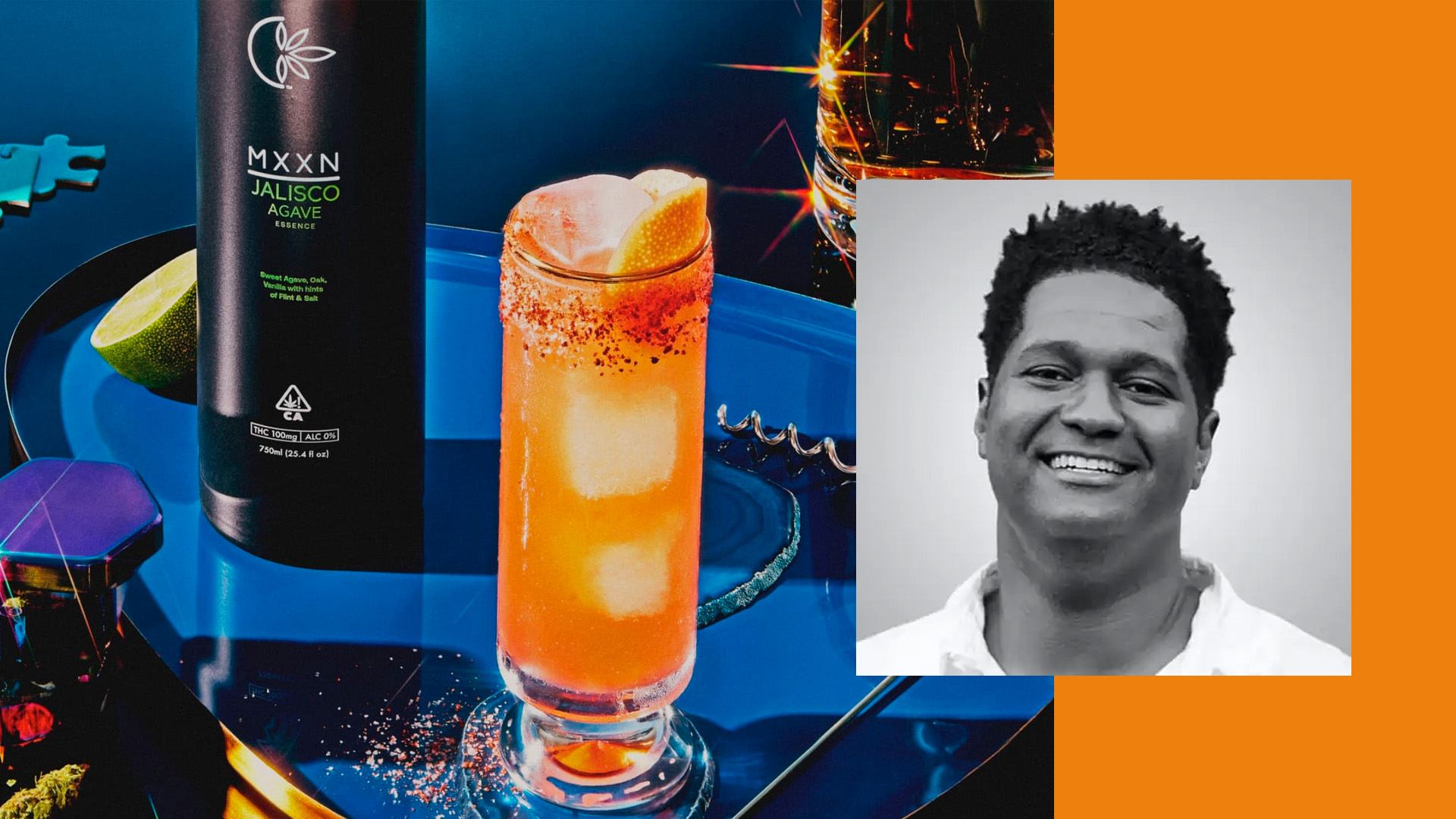
Low or no-alcohol beverages have seen a boom in recent years as consumers look for ways to socialize and imbibe free from negative side effects like...
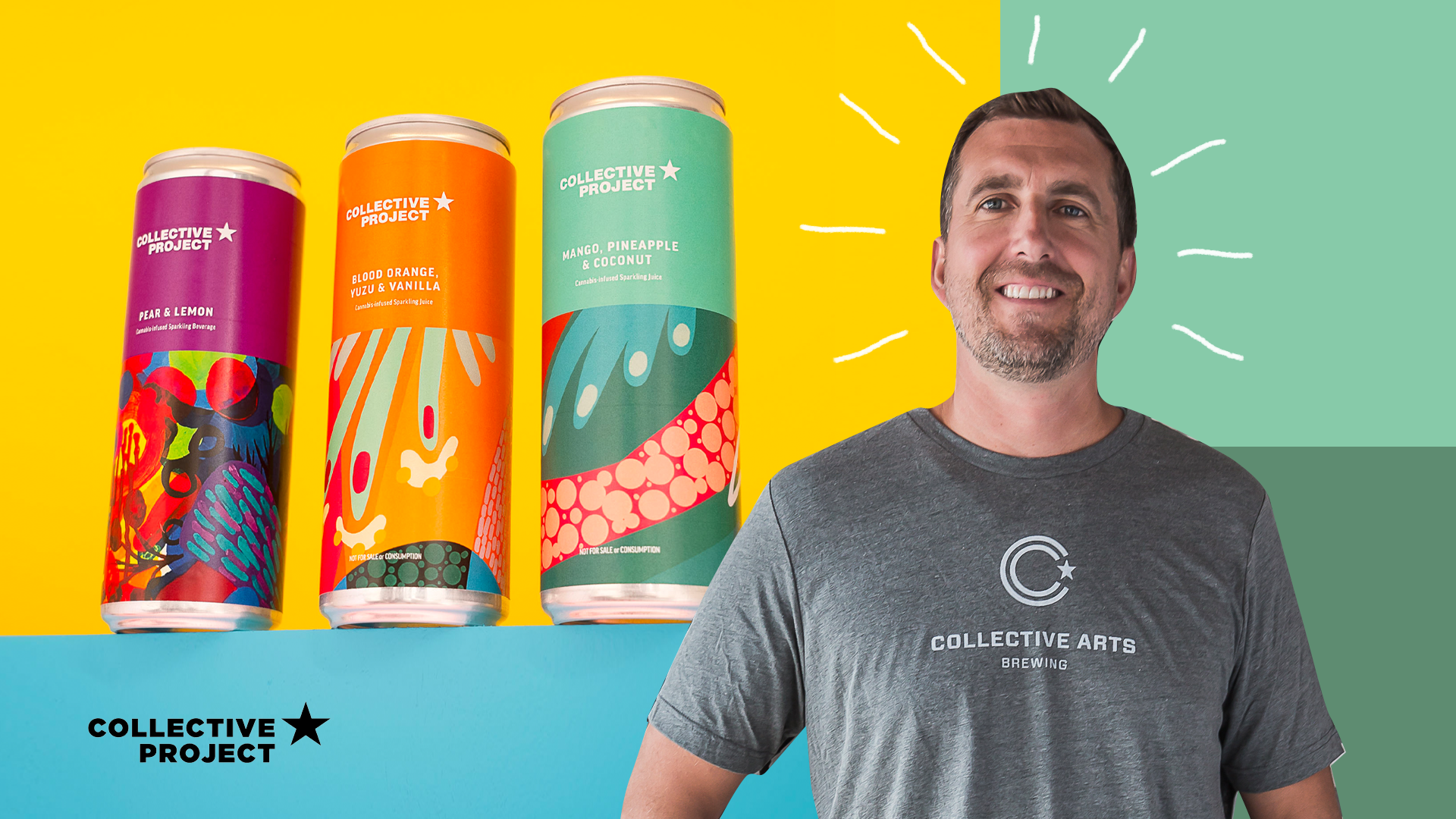
1 min read
I had the great pleasure of sitting down recently with one of our long-time partners in cannabis beverage, Matt Johnston, CEO and co-founder of...